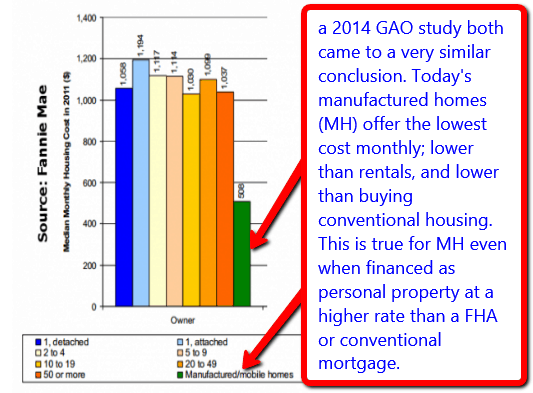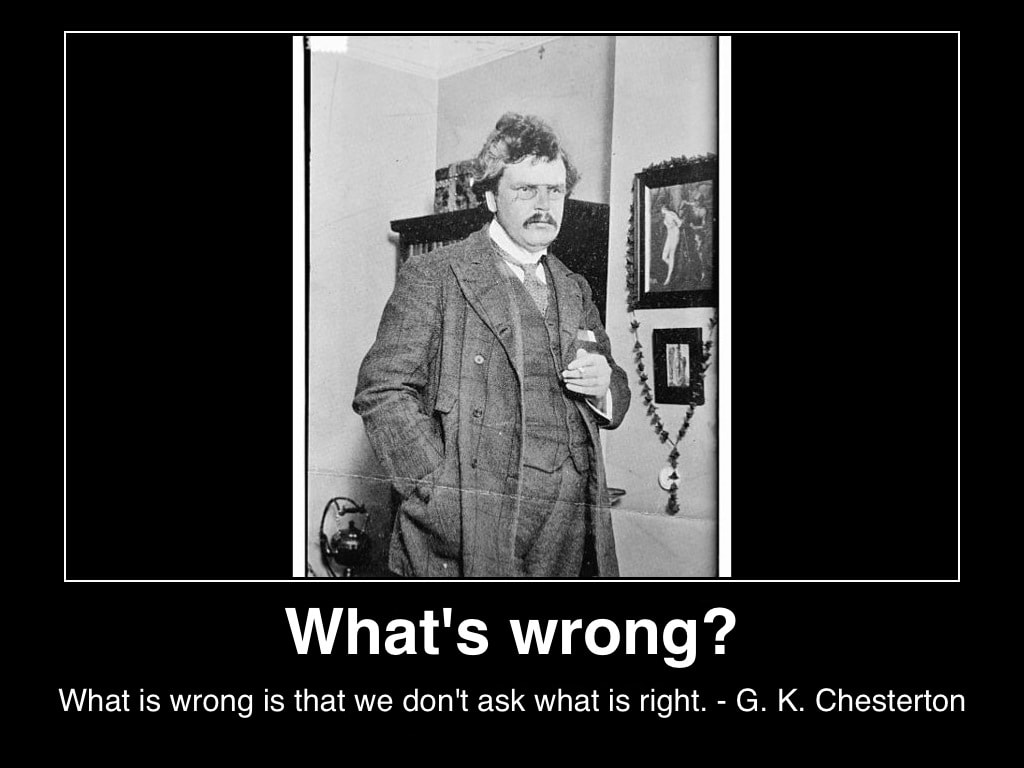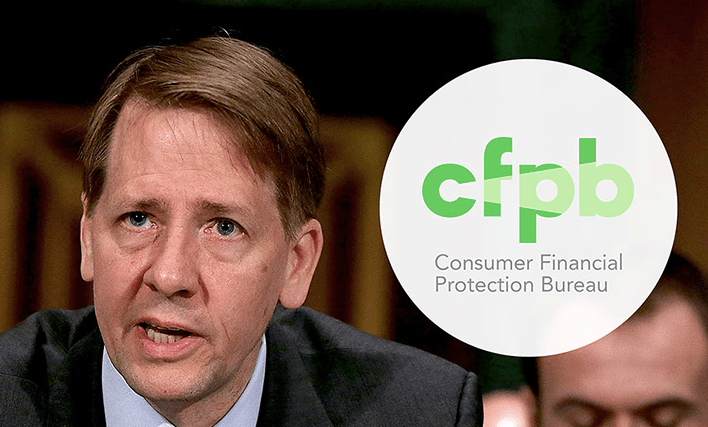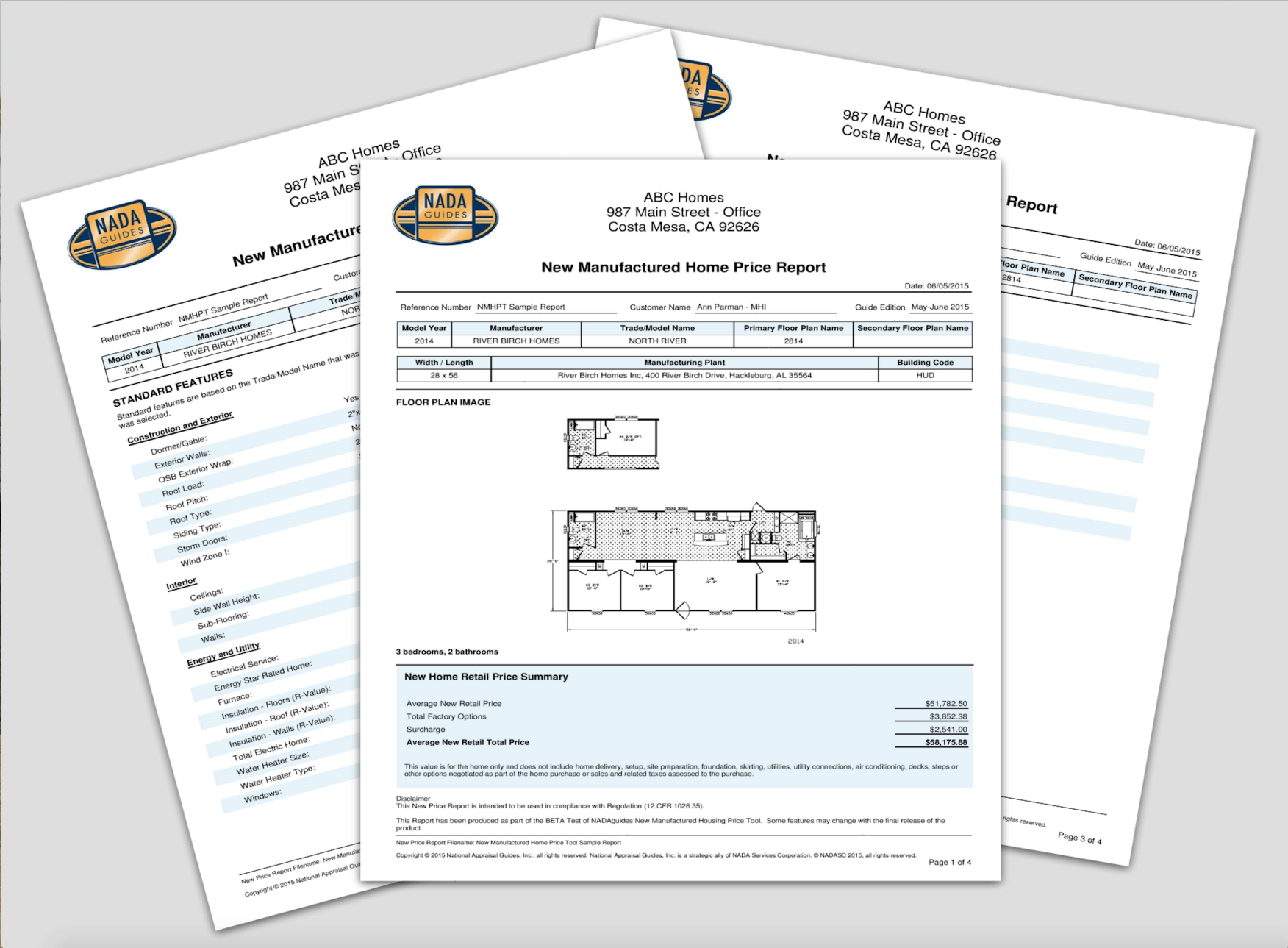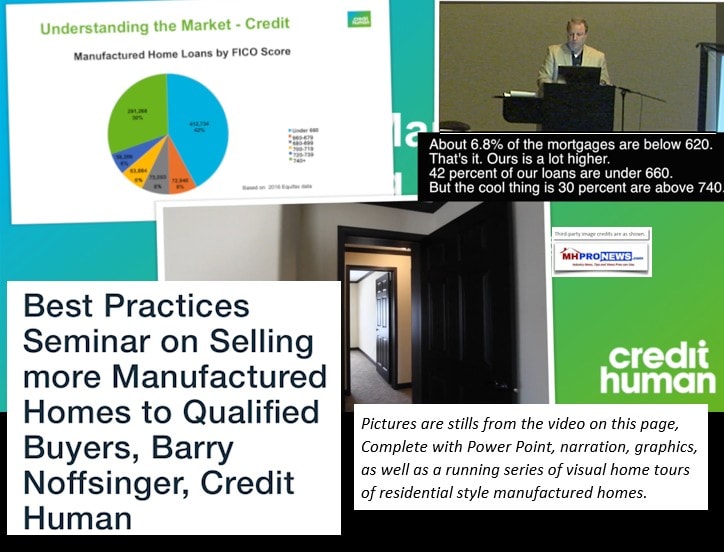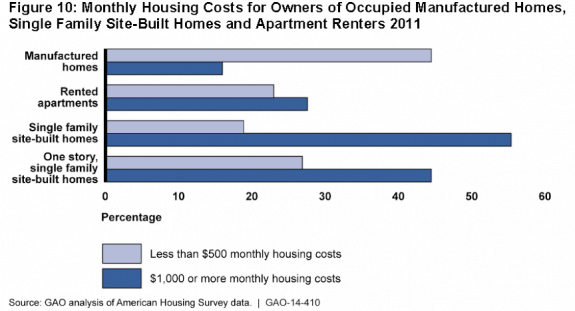
“I’ve talked to our board of directors here and they agree that we’ve got to try and elevate our game,” says Arkansas state association executive J.D. Harper. “I’ve also been told MHI is looking at some additional help. There was some communication with MHI, MHARR and other states, and out of that grew a thought that we should probably seek somebody to serve as a spear point and to be the face and voice of the entire industry.”
Harper says many of the industry’s problems are on the regulatory side. He says that while the industry has plenty of friends in Congress, the intent of legislation is often lost in the process that comes after its passage.
“Take the SAFE Act or ‘Duty to Serve’,” Harper says. “When those things pass, we feel pretty good about them, but then they go into rule making or a federal agency. A lot of times, when it goes out the other side, we don’t recognize it.
“The question I have is whether or not we’re getting to the right levels with the regulators as one industry with one voice.”
To Harper and others, the additional lobbying help may provide the access needed to improve that process. Harper says he has been asked to serve as the secretary of the loosely-formed coalition. A request for proposals has been sent, responses have been returned and they are being reviewed.
“This is not in any way an effort to create a third group in Washington,” Harper stresses, noting also that leaders in both MHI and MHARR have been involved in discussions.
Manufactured Housing Institute (MHI) Executive Vice President Thayer Long says his organization is also exploring the idea of additional help from a professional lobbyist and has also met with firms.
“More resources are better than less,” Long says. “Using outside counsel is something a lot of industries do to supplement efforts. We’re supportive of bringing more resources to the table.”
Long added that any effort by a professional lobbyist needs to be very specific and not overlap what the industry is already doing. Among the questions to ask before proceeding, he says, are “what are the priorities?” and “where can we have the most impact?”
“You don’t want to hire someone just to make the ‘industry better.'”
Long didn’t agree that a lobbyist could fulfill the role of a face for the industry, saying that was the role of associations.
“Outside lobbyists don’t want to be the face of an industry,” Long says. “They have multiple clients. They’re going to be behind the scenes.”
Long says whatever happens, he thinks it will be a joint effort.
“Everyone is on the same team here and wants the industry to be successful.”
Danny Ghorbani, president of the Manufactured Housing Association for Regulatory Reform (MHARR) says he understands why an outside lobbyist was being sought, but rather than lacking a unified voice, he thinks the industry may be missing a voice.
“That’s strictly up to the states,” Ghorbani says when asked about the effort to hire a lobbyist. “Most of what they do is for the post-production segment of the industry. Obviously there are some problems. Post-production doesn’t have its own association; this is one of the missing links.
“I think the industry should go back to being represented in Washington by two national associations,” Ghorbani says. One of those would represent manufacturers and product suppliers, and the other would represent retailers, communities, developers, finance companies and insurance companies.
“Now you have targeted your problems individually and you go after them,” Ghorbani says.
Ghorbani also pointed to regulation as the stage in the process where the industry gets into trouble.
“The industry is ineffective on post-production issues like financing,” Ghorbani says. “This industry cannot survive without chattel financing. We have laws that address this industry’s financial problems and nothing is happening.”
Referring specifically to the SAFE Act, Harper says the industry is now faced with compliance issues not intended by legislators.
“In the strictest interpretation of the law, a retailer would have to be licensed as broker and then his sales person would have to be licensed as an originator,” Harper says. “If that’s the case, there’s going to be a significant cost of compliance for retailers and their salespeople.”
It’s only in the regulatory process where interpretation of how the law can be applied when such issues arise.
“It seems like most of our problems are regulatory in nature and I see an opportunity,” he says, returning to the topic of hiring a professional lobbying firm to help.
In a previous interview with Past MHI President Dick Ernst, the focus of that discussion was on financing and didn’t directly address the current idea of a lobbyist. But during the interview, Ernst said that coordinated efforts between MHI and MHARR coincided with some of the highest production numbers on record.
“The issues the industry faced then were significantly different,” Ernst explained. “We formed a coalition with MHARR and had a working group of people that worked in lock step, and we spoke with one voice as an industry for the first time in many years. That helped to get the Manufactured Housing Act of 2000 passed.”
Today there may be a growing sense at the state level of that need for cooperation.
“The last thing we need is a third voice,” Harper says.
After the proposals are reviewed, Harper says the final step will be in funding the effort. # #















